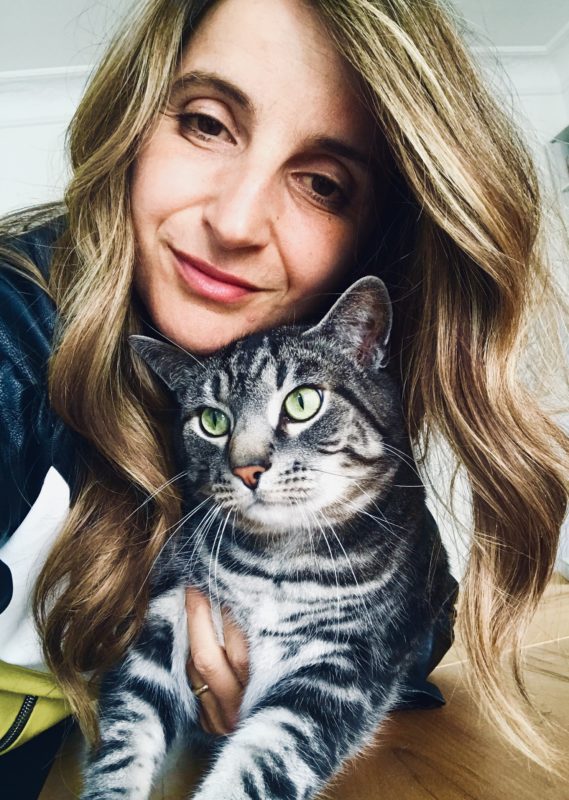Cats suffer too!
In the general imagination, cats are easy to care for, independent, easy-going, and most importantly, much less emotional than dogs. But this image of cats is fundamentally wrong!
While it’s true that cats are more independent and seemingly easier to get along with people, from the experience I’ve gained from my counseling sessions, I can assure you that cats, too, suffer greatly and become problematic when their needs are not met.
Even if your cat doesn’t show any obvious signs of discomfort, I would like to remind you that the cat is a predator and has every hunting instinct within it. If these are not acted out in some way, it leads to frustration. You could give yourself and your cat a special gift and book a simple consultation to help your cat live in harmony with their nature, even if they can’t be “outdoors”.
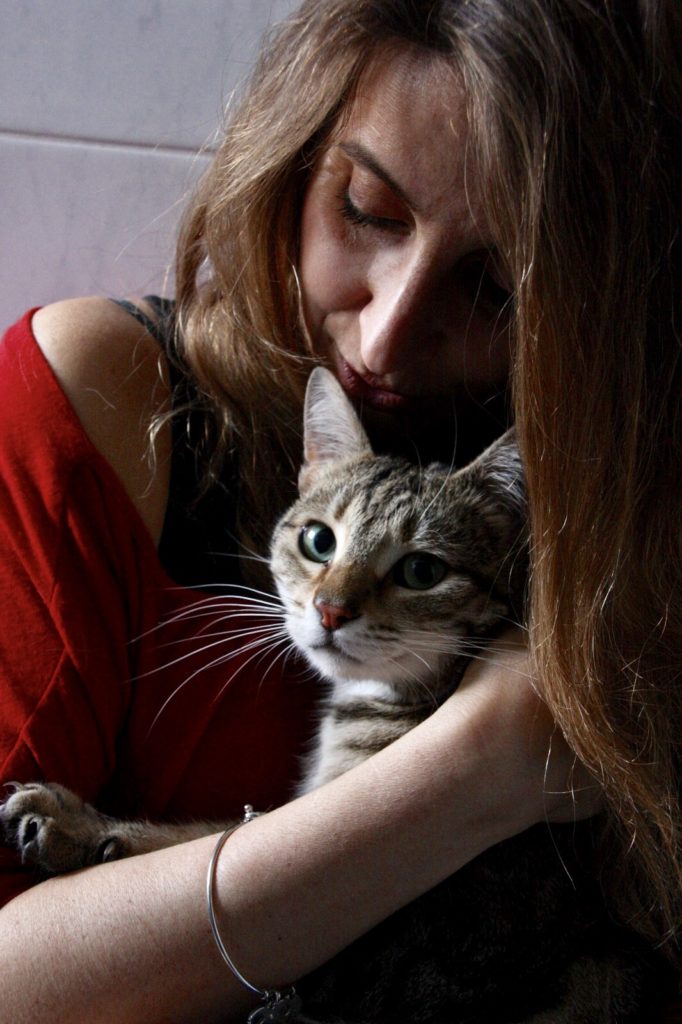
Which topic are you interested in?
There can be a variety of causes, from organic to behavioral. Sometimes it’s just the type or location of the litter box that isn’t right. In any case, a thorough analysis of the situation is required.
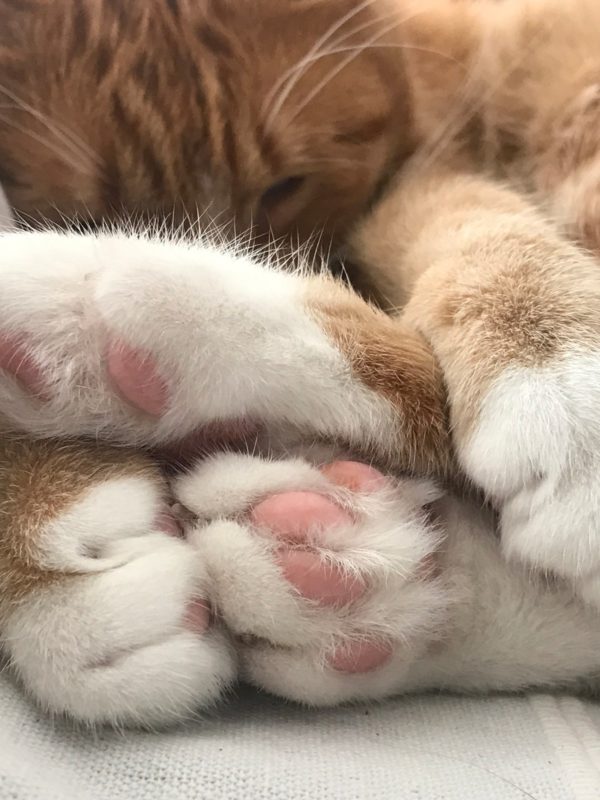
Cats mark their territory with urine. When in conflict with other cats or when unsure, they will tag more often. Causes of insecurity can be, for example, changes in daily life (e.g. a move, new furniture, a new family member, whether human or animal) or the arrival of new cats in the area.

How many times have I been contacted by customers fearing the constant attacks of cats on their calves or feet, often in the middle of the night!
The cause of this aggressive behavior often lies in the unstimulated environment or daily routine of cats who live alone with no opportunity to go outside.
The solutions in this case vary depending on the situation and the cat, but always involve enriching the environment and changing the daily routine. Getting a second cat often helps.
You should always consult your veterinarian for excessive aggression, as aggression can also be caused by discomfort or pain.
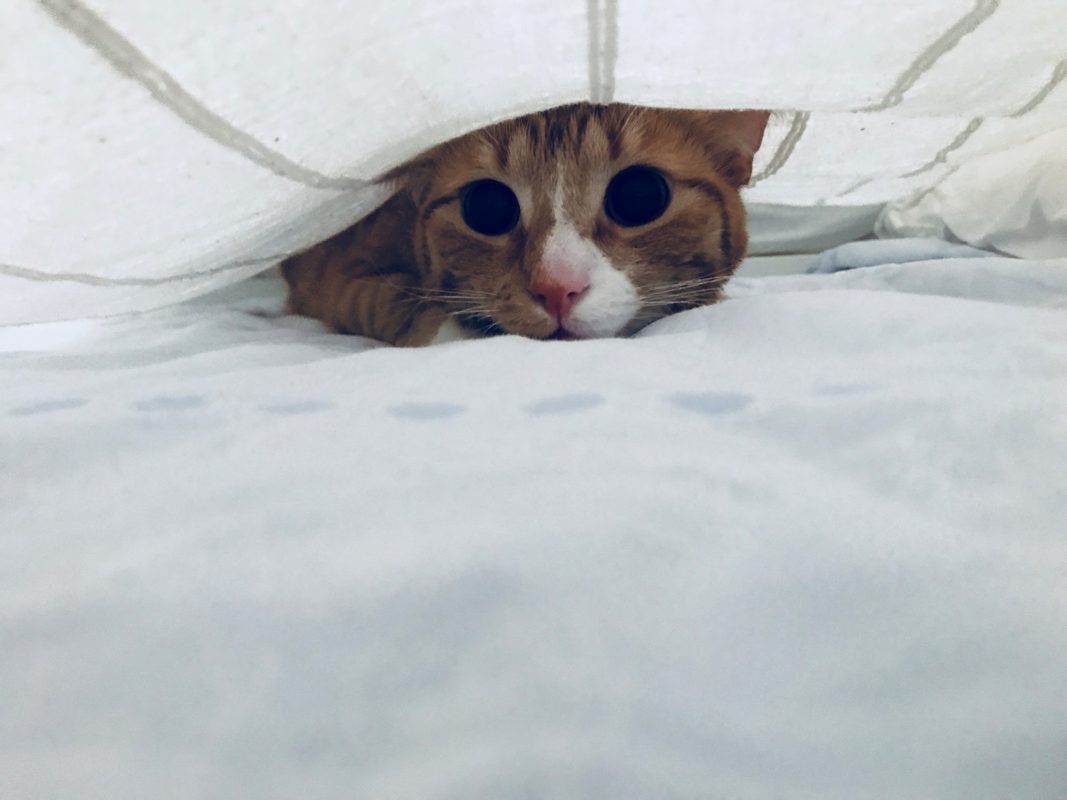
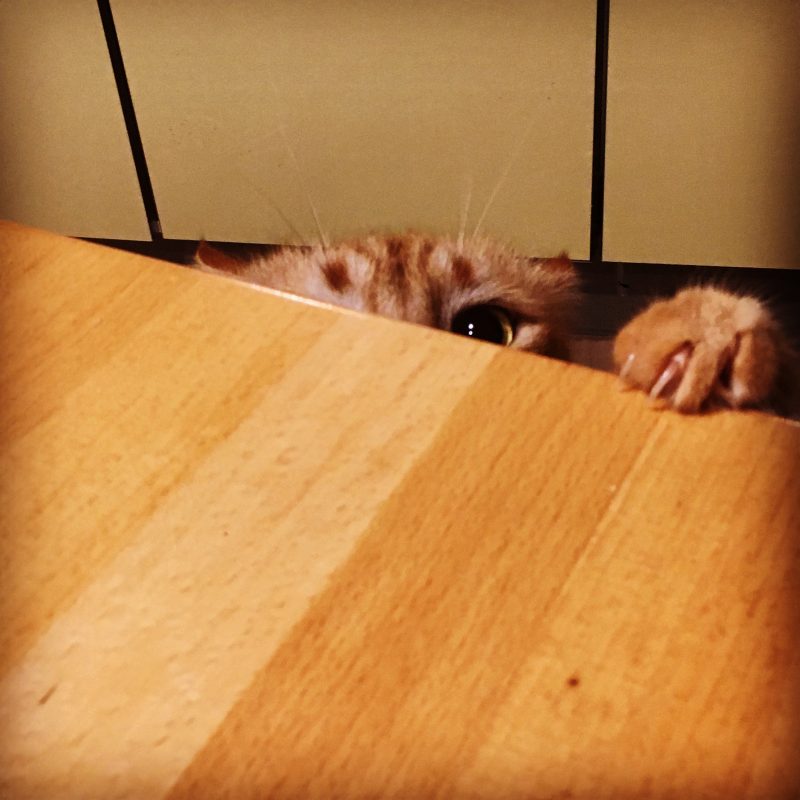
Cats scratch to defend themselves, mark their territory, play, and trim their nails; it is a completely natural behavior. It is important not to suppress it, but direct it to suitable objects and use various tricks to trick the cat into using them.
Particularly stressed cats may exhibit compulsive behaviors, such as B. the constant licking of their fur.
Grooming the hair is a physiological process related to the well-being of the cat, which is calmed and soothed by the release of certain hormones. However, this must be distinguished from compulsive licking. This can have physiological causes, such as parasites or allergies. If one could rule out these causes, one has to look for stress-inducing factors that led the cat to this strong emotional discomfort. In such cases, the intervention of an animal psychologist is often necessary.
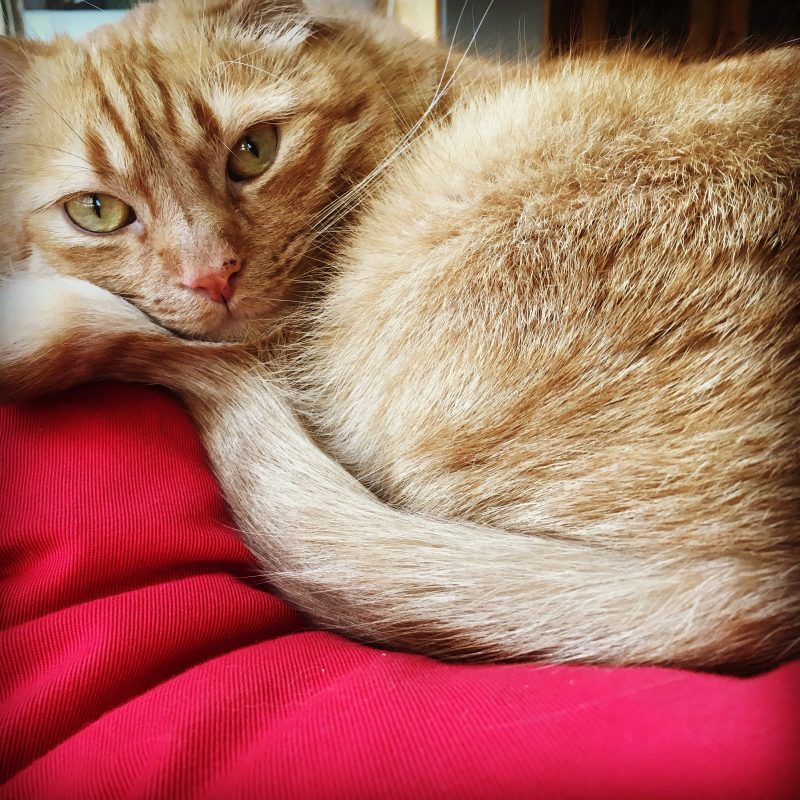
When cats meow, they mainly do so to get attention or to ask for food. But when meowing becomes excessive, it can be for a variety of reasons: a habit that needs changing, boredom, or even the loss of a companion. Another possibility, however, are neurological disorders or metabolic diseases. In such a case, it is always advisable to consult a veterinarian.

Depression in cats is one of the lesser-known pathologies, as it is often mistaken for laziness or a cat’s lack of sociability. In reality, a cat that rests most of the day, reduces its activities to a minimum and becomes “invisible” is a depressed cat. The causes can be varied and should be analyzed.
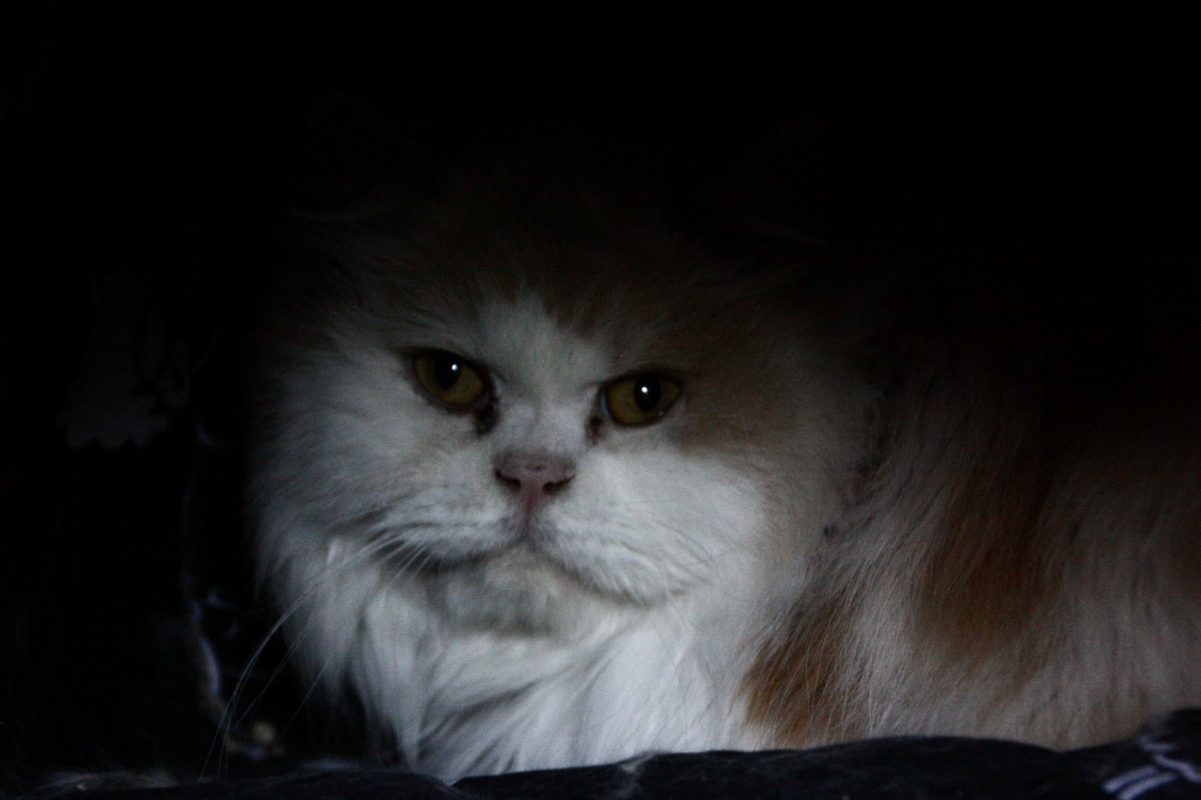
Cats, too, often suffer from loneliness, despite being described as autonomous and independent. Indeed, in most cases they enjoy the company of their human friends and often suffer in their absence. To help them in this case, there are several options: you can consider getting another kitten that can be a companion, however, the choice of this feline friend should be well thought out and planned.
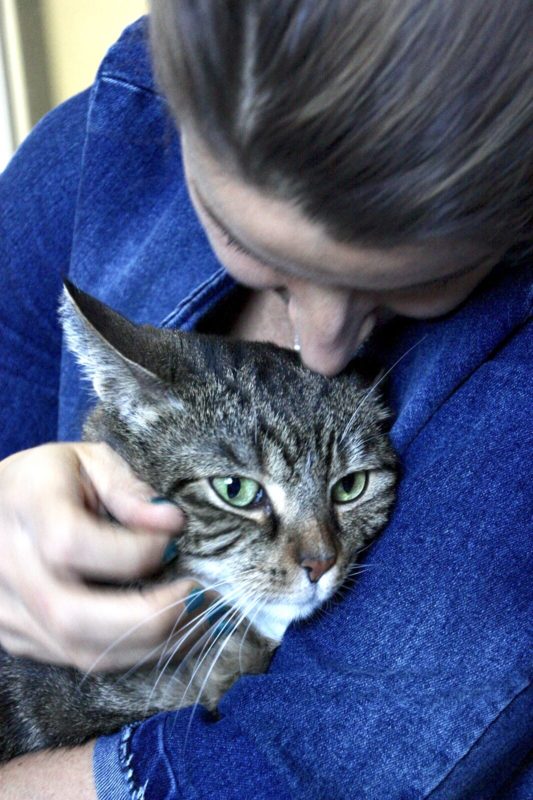
I’m happy to give you a range of advice on how to better adapt your cat’s living space to their needs, make their day more stimulating, and how to strengthen your relationship through activities together.
These consultations can be conducted in person or online.
